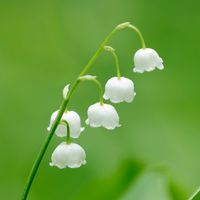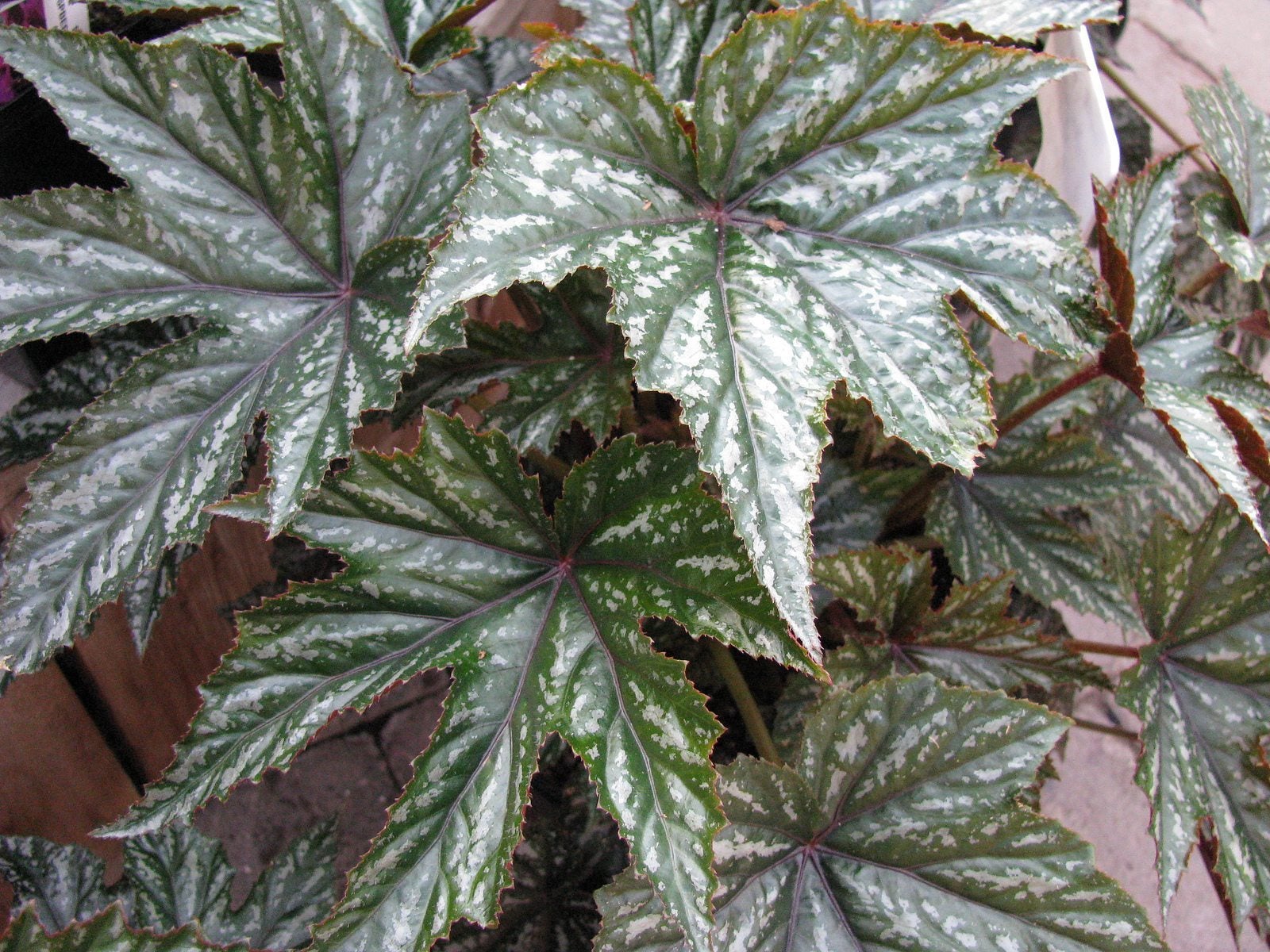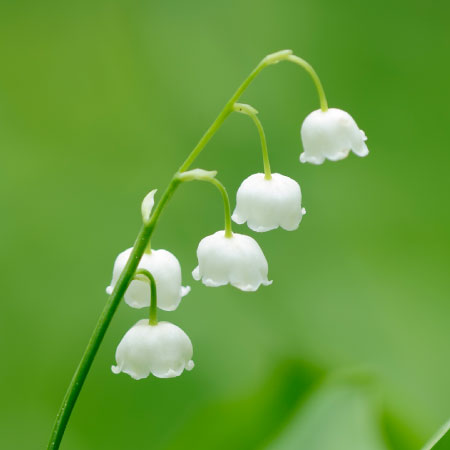Gryphon Begonia Care: Tips On Growing Gryphon Begonias


Sign up for the Gardening Know How newsletter today and receive a free copy of our e-book "How to Grow Delicious Tomatoes".
You are now subscribed
Your newsletter sign-up was successful
There are over 1,500 species and over 10,000 hybrids of begonia in existence today. Talk about beaucoup (bow coo) begonia! New cultivars are added every year and 2009 was no exception. That year, Gryphon, a new variety of begonia hybridized by PanAmericanSeed, was introduced. So, what is a Gryphon begonia? Let’s learn more about how to grow a Gryphon begonia plants.
Gryphon Begonia Information
In mythology, a gryphon is a creature with the head and wings of an eagle and the body of a lion. Don’t worry, Gryphon begonias don’t literally look like that – that would just be weird. So why is this begonia being named after a gryphon? It is because this begonia embodies the same underlying qualities that the mythical creature possesses, namely its majestic beauty, strength, and durability. Is your interest piqued? Alternately known as Pegasus™ in some sectors, the Gryphon begonia (USDA hardiness zone 11-12) strikes a dramatic pose and adds a tropical flair to any shade garden or container planting. Gryphon begonia is prized mainly as a foliage plant because it seldom blooms-- the appearance of bright pink flowers may only happen when grown under a day length of eleven hours or less. This plant is universally described as having 10 inch (25 cm.) wide, thick, glossy, deeply cut star or maple-shaped leaves. Its mounds of leaves are variegated silver and green with a hint of maroon in the veins and a maroon underside. It reaches a height of 14 to 16 inches (36-41 cm.) and spans 16 to 18 inches (41-46 cm.) across. As if this plant’s aesthetics weren’t enough to sell it, Gryphon begonia also boasts versatility as a “garden-to-house” plant, meaning it can easily transition from being an outdoor plant into an indoor houseplant and vice-versa. Care must be taken, however, to bring containers of this tender perennial inside before it is subjected to frost.
How to Grow a Gryphon Begonia
Let’s talk about Gryphon begonia care. Gryphon begonias have a reputation as an easy-to-care-for, low maintenance plant and can be grown from starter plants or seed. For a garden planting, after the threat of frost has passed, it is advised to plant your nursery plants 18 inches (46 cm.) apart in a location that receives shade to part shade. The soil in this location should be characteristically rich and well-draining. Gryphon begonias have low water requirements and do not like to be overwatered so once they are established, an occasional watering to keep the soil slightly moist should be sufficient. When growing Gryphon begonias, you may want to consider placing mulch around the root zone to retain moisture. Fertilizing is not necessary for Gryphon begonia care but, for an extra boost, an organic fertilizer can be applied every two weeks. Gryphon begonias are said to thrive better and are even livelier in container plantings. It is often used as a thriller in the center of "spiller-thriller-filler" containers surrounded by smaller plants. However, it can thrill just as effectively in a solo planting. It is recommended, when growing Gryphon begonias, to plant them in a soilless mix comprised of peat moss and perlite or vermiculite. Place the container, which should have adequate drainage, in a location that receives bright filtered light. Do not expose the container to direct sunlight. Water the Gryphon begonia only when the surface of the potting mix feels dry to the touch.
Sign up for the Gardening Know How newsletter today and receive a free copy of our e-book "How to Grow Delicious Tomatoes".

Shelley Pierce was a writer for Gardening Know How, contributing to hundreds of articles for the site.